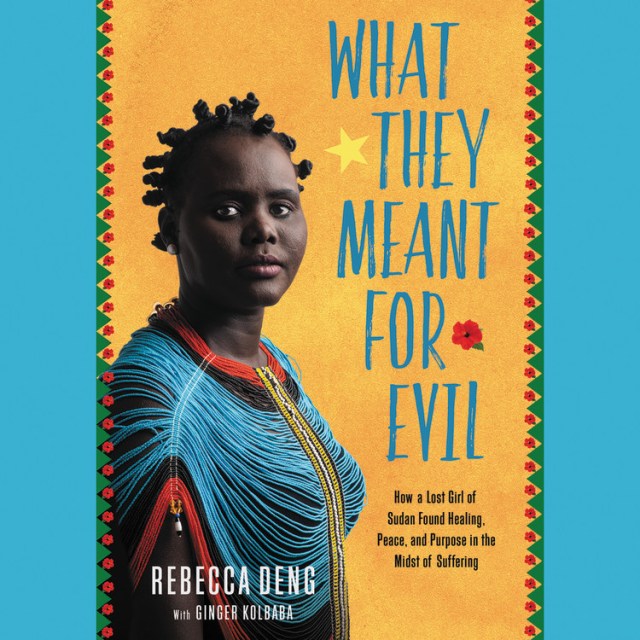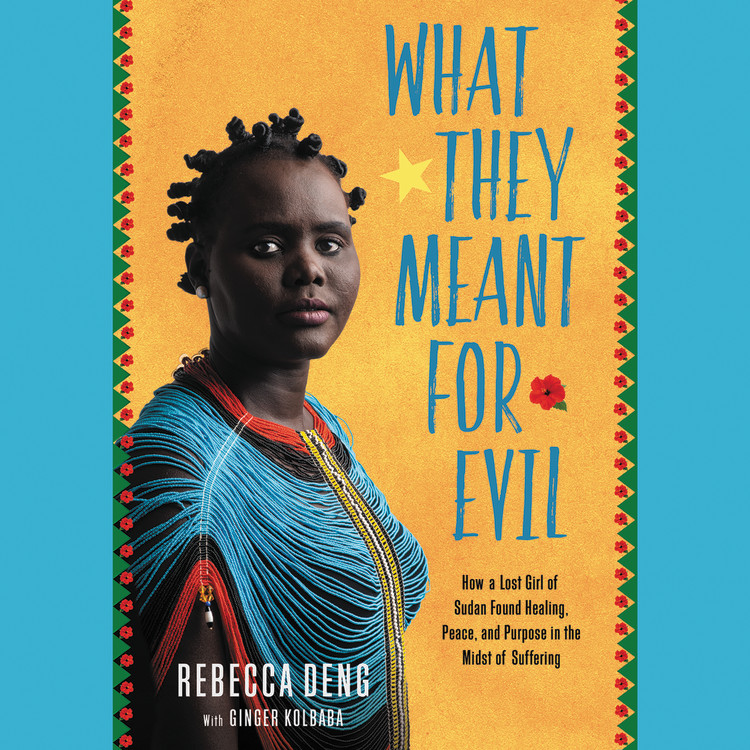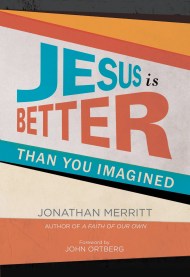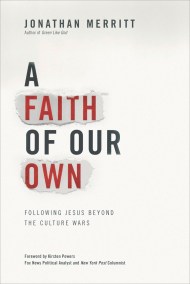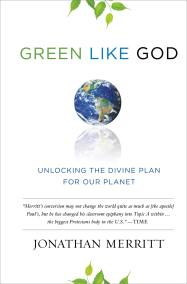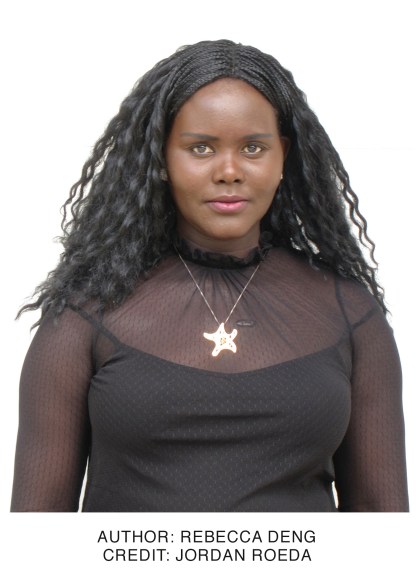By clicking “Accept,” you agree to the use of cookies and similar technologies on your device as set forth in our Cookie Policy and our Privacy Policy. Please note that certain cookies are essential for this website to function properly and do not require user consent to be deployed.
What They Meant for Evil
How a Lost Girl of Sudan Found Healing, Peace, and Purpose in the Midst of Suffering
Contributors
By Rebecca Deng
With Ginger Kolbaba
Read by Tsidii Le Loka
Formats and Prices
- On Sale
- Sep 10, 2019
- Publisher
- Hachette Audio
- ISBN-13
- 9781549182549
Format
Format:
- Audiobook Download (Unabridged)
- ebook $12.99 $16.99 CAD
- Hardcover $33.00 $43.00 CAD
This item is a preorder. Your payment method will be charged immediately, and the product is expected to ship on or around September 10, 2019. This date is subject to change due to shipping delays beyond our control.
Buy from Other Retailers:
Newsletter Signup
By clicking ‘Sign Up,’ I acknowledge that I have read and agree to Hachette Book Group’s Privacy Policy and Terms of Use
